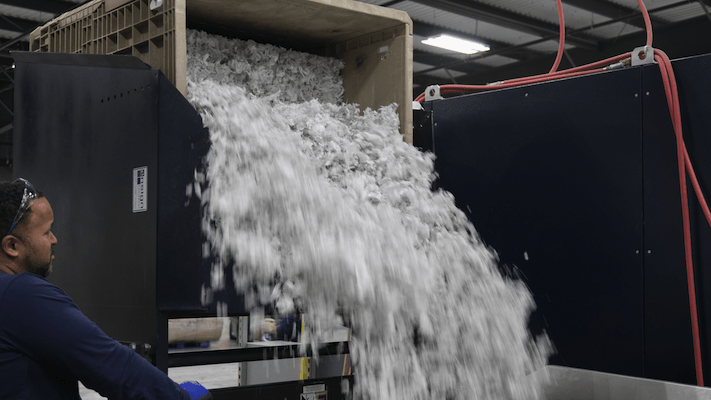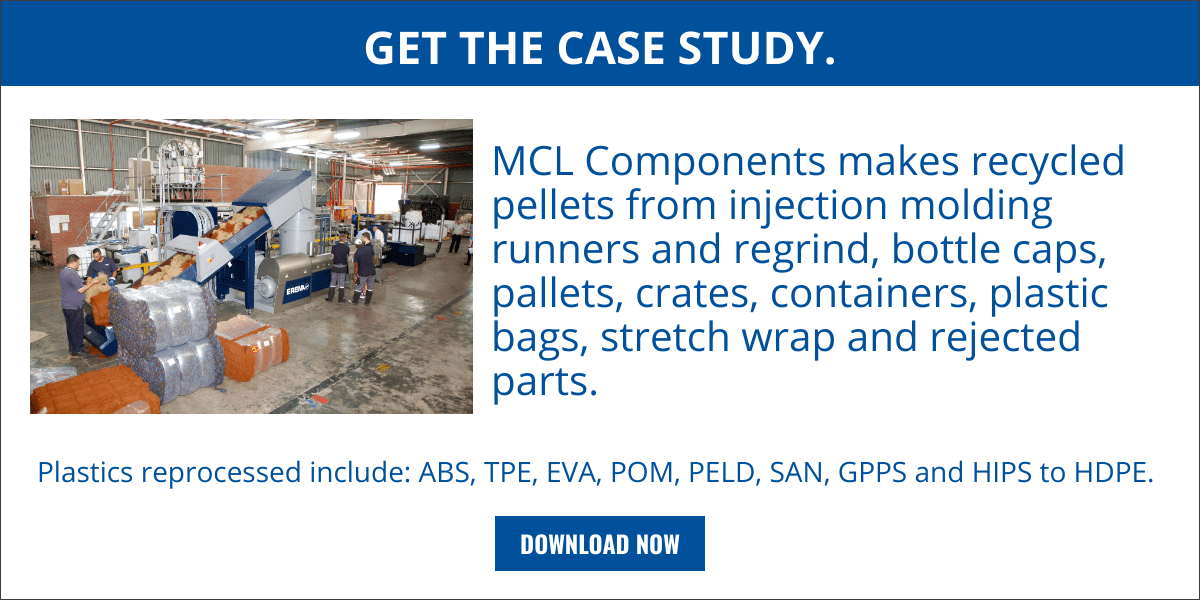
Known as SB 54, the Plastic Pollution Prevention and Packaging Producer Responsibility Act, signed into law on June 30, 2022, will impose fees and/or regulatory requirements on manufacturers of single-use packaging, single-use plasticware, businesses that might use or sell these materials such as retailers and wholesalers and municipalities, counties and regional districts as well as waste collection services and recycling facilities.
In essence, the law covers any organization involved in the manufacturing, distribution and sales, and disposal of single-use packaging and utensils, whether manufactured or brought into the state.
The products covered by SB 54 are:
- Single-use packaging: material that is routinely recycled, disposed of, or discarded after its contents have been used or unpackaged (and typically not refilled or reused)
- Food service ware: plastic-coated paper or plastic-coated paperboard, paper or paperboard with plastic intentionally added during the manufacturing process, and multilayer flexible material; these include trays, plates, bowls, clamshells, lids, cups, utensils, stirrers, hinged or lidded containers, and straws as well as wraps or wrappers and bags sold to food service establishments
Some exemptions do exist for some products including things like medical products and drug packaging.
Producers of these products are required to join a producer responsibility organization (PRO) by January 1, 2024, or they will be prohibited from importing, distributing or selling these products in California.
The goal of the PRO organization is to promote the reduction of use or collection and recycling of these products. There are reporting requirements and auditing of members is likely. The PRO is required to establish and collect fees from member-producers as well as contribute $500 million per year to the California Plastic Pollution Mitigation Fund, contribute $500 million per year to the California Department of Tax and Fee Administration, and pay a “California circular economy administrative fee” to be set by the California Department of Resources Recycling and Recovery (CalRecycle).
For followers of EREMA, it’s important to note that on or after January 1, 2032, these materials will have to be either recyclable or compostable.
Additionally, there are stage gates in SB 54 as follows:
- At least 30% of covered material must be recycled beginning January 1, 2028
- at least 40% of covered material must be recycled by January 1, 2030
- and at least 65% of covered material must be recycled by January 1, 2032
Local jurisdictions are now required to include these products in their collection and recycling programs. Waste disposal facilities are required under the law to report information to CalReycle on disposal tonnages by jurisdiction that is disposed of at each disposal facility. Recycling operations will also have reporting requirements.
The law is inspired by the European Union (EU) plastics strategy which has developed a directive on single-use plastics although the EU strategy goes further in actually prohibiting certain single-use plastics from the EU market.
While California’s SB 54 is the most comprehensive single-use plastics regulation in place in the US, because of the size of the California market it’s expected to make a significant impact on the industry nationally. Other municipalities and states are likely going to look to this regulation as a model for their own efforts to drive down the rate of single-use plastics entering the waste stream and becoming landfill.
All participants in the packaging industry in the US will need to either adapt their business model now if they participate in the California market, or will need to be mindful of adapting as these regulations spread nationally.
EREMA has technologies in place that can ease the transition to diverting these single-use plastic waste streams out of landfills and into recycling facilities.
For instance, the KEYCYCLE Deinking Process has proved efficient at deinking plastic packaging for recycling.
This is an important development, as additional states including Oregon and Colorado may into effect later in 2023 (approved BEFORE S.B. 54) and New Mexico, Hawaii, Illinois Kentucky, Maryland, Maine, New York, Vermont, New Hampshire and Washington are all evaluating similar measures.














